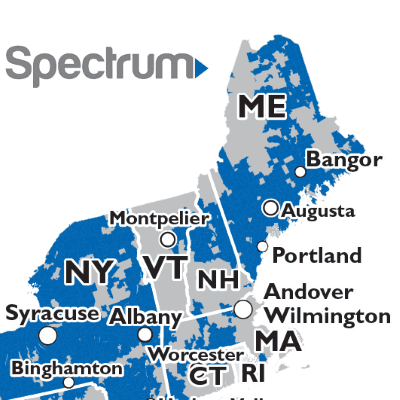
Endangered Species: The AT&T Printed White Pages Directory
Landline customers in Michigan might never receive another printed telephone directory after AT&T successfully lobbied the state legislature for an end to the requirement that anyone that wants a phone book can have one, for free.
AT&T let its fingers do the walking and looked up support for Michigan Senate Bill 372, introduced by the company’s good friend, Sen. Ken Horn (R-Frankenmuth). In addition to counting AT&T as his third largest contributor, Horn has been honored with the Excellence in Education Award (2017), sponsored by AT&T and the Michigan Association for Computer Users in Learning.
Horn’s bill was short and to the point, amending Michigan state law by stripping out the requirement that every landline provider in the state must provide a free printed telephone directory (if requested) to each customer. In its place:
The People of the State of Michigan enact:
Sec. 309. (1) A provider of basic local exchange service shall provide to each customer local directory assistance.
(2) A provider of basic local exchange service shall provide each customer at no additional charge the option of having access to 900 prefix services blocked through the customer’s exchange service.This act is ordered to take immediate effect.
The bill was passed in both houses of the legislature with wide margins and Michigan Gov. Gretchen Whitmer signed it into law last month.
The new law requires phone companies to continue offering local “411” directory assistance service, but says nothing about how much a phone company can charge a customer looking for a telephone number (in Michigan, some now pay as much as $2.49 per directory assistance call.)
It also finally allows customers to block all calls to “900 numbers” that can carry hefty per minute charges. Of course, the worst scandals involving 900 call charges were back in the 1990s — some 20-30 years ago. Many phone companies lobbied against call blocking technology when 900 number revenue, split between the phone company and the 900 number, was far more lucrative than it is today. Does anyone even call “Time of Day and Temperature” or “Local Weather and Horoscope” numbers today?
AT&T has once again shown it is effective lobbying state legislatures, where it brings its corporate agenda to state lawmakers like Mr. Horn. About a decade ago the company fought to eliminate the automatic delivery of printed phone directories. It also fought for statewide video franchising to rip control of cable TV services away from local communities just as it was introducing U-verse, its own TV service. It fought to marginalize public, educational, and government access channels. It even continues to seek an end to the requirement it provide local wireline phone service in areas it considers unprofitable.
AT&T was not alone in support of the measure to eliminate the century-old printed phone book. Frontier Communications heartily supported AT&T in its efforts.
Today’s printed directory has been hobbled by the ongoing move towards wireless. As consumers cut their landlines, listings disappear from phone directories because wireless numbers are rarely published. Competing digital phone companies like Charter Spectrum offer to sell their customer number listings for telephone directories, but companies like Frontier refuse to pay, resulting in Frontier’s phone books slimming down to the point of irrelevance. In the Rochester, N.Y. 585 area code, where Frontier is by far the largest incumbent local landline provider, its printed White Pages for 2021 includes just 111 pages of business and residential listings in an area with more than a million people.
With reciprocal listings no longer freely shared, the obsolescence of the telephone directory — electronic or printed — is virtually assured. That will leave many customers with just one option: calling directory assistance and paying a fee for each number successfully obtained.


 Subscribe
Subscribe
 “While a telecommunications giant like Verizon may be able to absorb such a loss, others may not,” Judge Hurley wrote in his order.
“While a telecommunications giant like Verizon may be able to absorb such a loss, others may not,” Judge Hurley wrote in his order. A federal judge has blocked an effort to force Altice USA (doing business as Cablevision/Optimum) to issue pro-rated refunds to New Jersey consumers that cancel cable service in the middle of a billing period.
A federal judge has blocked an effort to force Altice USA (doing business as Cablevision/Optimum) to issue pro-rated refunds to New Jersey consumers that cancel cable service in the middle of a billing period.



